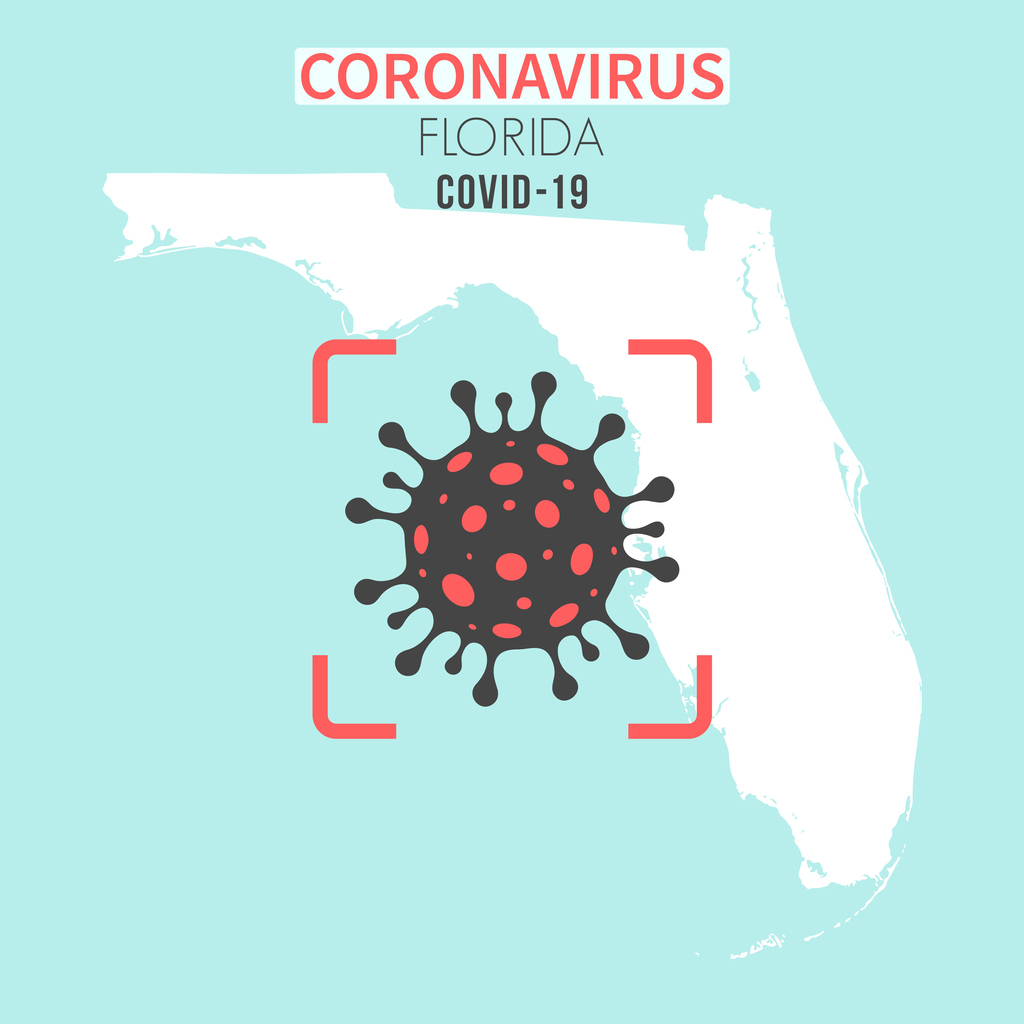July 7, 2020
Michael Salad
Most people are aware that a person executing a will (a “testator”) must be of sound mind. Testators should not be influenced or coerced by anyone. Unfortunately, family members often litigate these issues because they do not agree with the provisions of a will. Dissatisfied parties often contest wills by questioning testamentary capacity or whether the testator was under the undue influence of a third party.
Under Florida Statutes §§ 732.501, testamentary capacity requires a testator to be of sound mind and 18 years of age or older. Sound mind requires a testator to understand the nature and extent of the property that the testator owns, the testator’s relation to those that would claim a benefit under the will and the practical effect of the document after it is signed. Diaz v. Ashworth, 963 So.2d 731, 734 (Fla. 3d. DCA 2007). Wills must also generally be signed in the presence of two witnesses.
In Florida, there is a presumption that a testator possessed sound mind at the time that the will was signed. A person who challenges a will has the burden of proving that the testator lacked testamentary capacity. The presumption of capacity does not apply if the testator was previously adjudicated incompetent. A will may be invalidated if the testator suffered from an “insane delusion” and the will was irresponsibly executed in the midst of that delusion. However, individuals with dementia or other neurodegenerative diseases may execute a will during a “lucid interval” or a “good day,” even if the person was adjudicated as lacking mental capacity.
Abuse of drugs, alcohol, and illness alone are insufficient to prove a lack of testamentary capacity in Florida. However, a testator that is too intoxicated to understand what he or she is signing may not possess sound mind. The sound mind standard is a relatively low burden to meet in order to execute a will. Contentions that a testator was acting irrationally by executing a testamentary instrument are usually unsuccessful.
Generally, contesting a testator’s capacity is a difficult burden and may be dependent on the willingness of witnesses to testify to the testator’s lack of capacity. It is easier to contest a will if a testator visited a doctor regarding significant medical or psychological issues close in time to executing a will or if a testator is adjudicated incapacitated shortly after executing a will but these cases are rare. Contesting a will due to lack of capacity is nearly as difficult as contending that a testator was unduly influenced. In undue influence cases, nagging, threats and verbal abuse are insufficient to establish undue influence on a testator.
Will contests are categorized as adversary proceedings within probate cases and only require a petition to the applicable court requesting that the will be deemed invalid in whole or in part. Wills must generally be contested within 90 days after a Notice of Administration has been provided to all interested parties. A Notice of Administration notifies beneficiaries of the decedent’s estate that the decedent passed away and that the will was submitted to probate.
If a will is deemed invalid due to a testator’s lack of capacity, then the testator’s previously executed will may govern. If the testator did not previously execute a will, then the decedent’s estate is distributed as if the testator died intestate (meaning without a will). In certain states, a person who unsuccessfully contests a will is precluded from receiving his or her share of the decedent’s estate to discourage frivolous contests. In Florida, a beneficiary who unsuccessfully challenges a will is not necessarily precluded from receiving a distribution from the decedent’s estate.
It is important to consider the potential cost of a will contest compared to the size of the estate. An experienced probate attorney should be consulted before contesting a will. If you have probate questions or other legal inquiries, please contact Michael Salad via e-mail at msalad@cooperlevenson.com or via direct dial at (954) 889-1850.
Michael Salad is a partner in Cooper Levenson’s Business & Tax and Cyber Risk Management practice groups. He concentrates his practice on estate planning, business transactions, mergers and acquisitions, tax matters and cyber risk management. Michael holds an LL.M. in Estate Planning and Elder Law. Michael is licensed to practice law in Florida, New Jersey, New York, Pennsylvania, Maryland and the District of Columbia.
Samantha Edgell is a summer associate in Cooper Levenson’s Atlantic City, New Jersey office.









